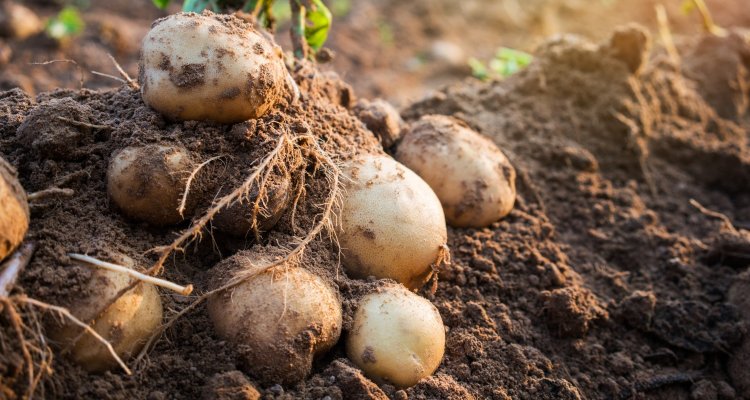
Project
The chemical communication between potato and cyst nematodes as a basis for sustainable improvement of potato yield
In this project, we aim to develop a new strategy to improve yield stability of potato by using knowledge about the signaling relation between the host plant and the cyst nematodes.
Potato is an important food and industrial crop in the Netherlands. However, sustainable potato production is threatened by the potato cyst nematodes Globodera pallida and G. rostochiensis, causing an estimated loss of EUR 460 million in Europe alone. These microscopic worms parasitize on the roots of potato, causing symptoms like growth retardation, early senescence and subsequently, yield reduction. In the past, large amounts of pesticides were used to protect potato against these nematodes, but many of these harmful chemicals have been banned. Therefore, there is a great need for alternative control methods based on natural plant resistance.
Project description
Eggs of potato cyst nematodes can survive in the soil and will hatch in the presence of hatching stimulants secreted by the roots of potato plants. In this project, we aim to develop a new strategy to improve yield stability of potato by using knowledge about the signaling relation between the host plant and the cyst nematodes. Therefore, we study how such host specific signals are detected by the nematode and which downstream signaling pathways are activated during hatching. Together with our partners, we also study how plants are able to produce such signals under different conditions. An interdisciplinary approach is used, including in silico analysis, -omics approaches, bioassays and functional studies in plants and nematodes both in vitro and in the greenhouse.